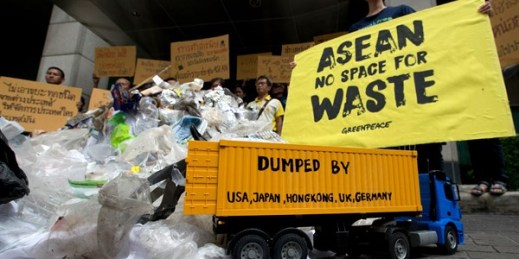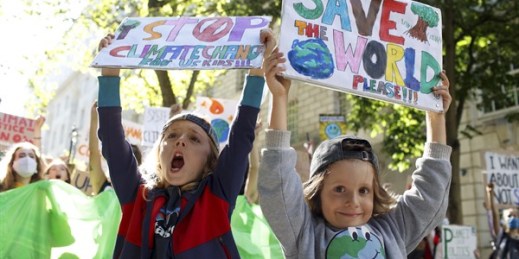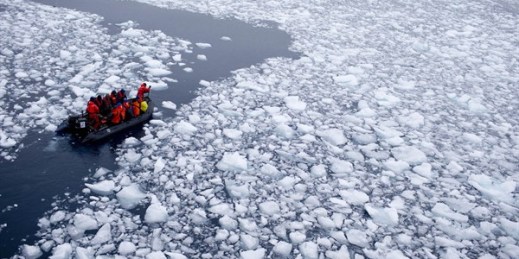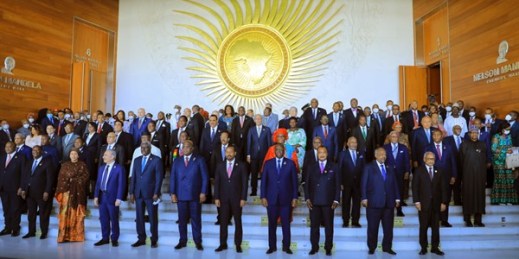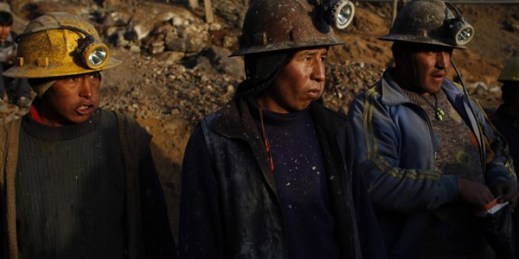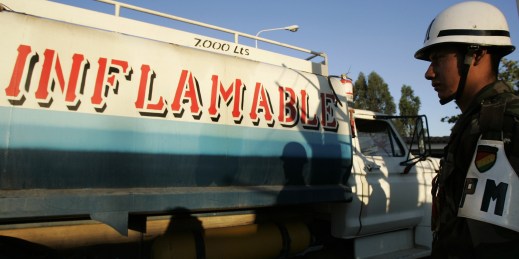
LA PAZ, Bolivia—In the past 15 years, the Bolivian economy tripled in size and poverty was cut in half, achievements built in large part on state spending fueled by the income from natural gas exports. But since 2013 those exports have dwindled, leaving a hole in Bolivia’s public finances that challenges the sustainability of its economic model. On May 1, 2006, then-President Evo Morales marched troops into Bolivia’s gas fields, declaring, “The plunder has ended.” He had recently led the Movement Toward Socialism, or MAS, to power, campaigning on a platform to wrest control of the country’s resources from foreign interests and to spread the wealth […]

